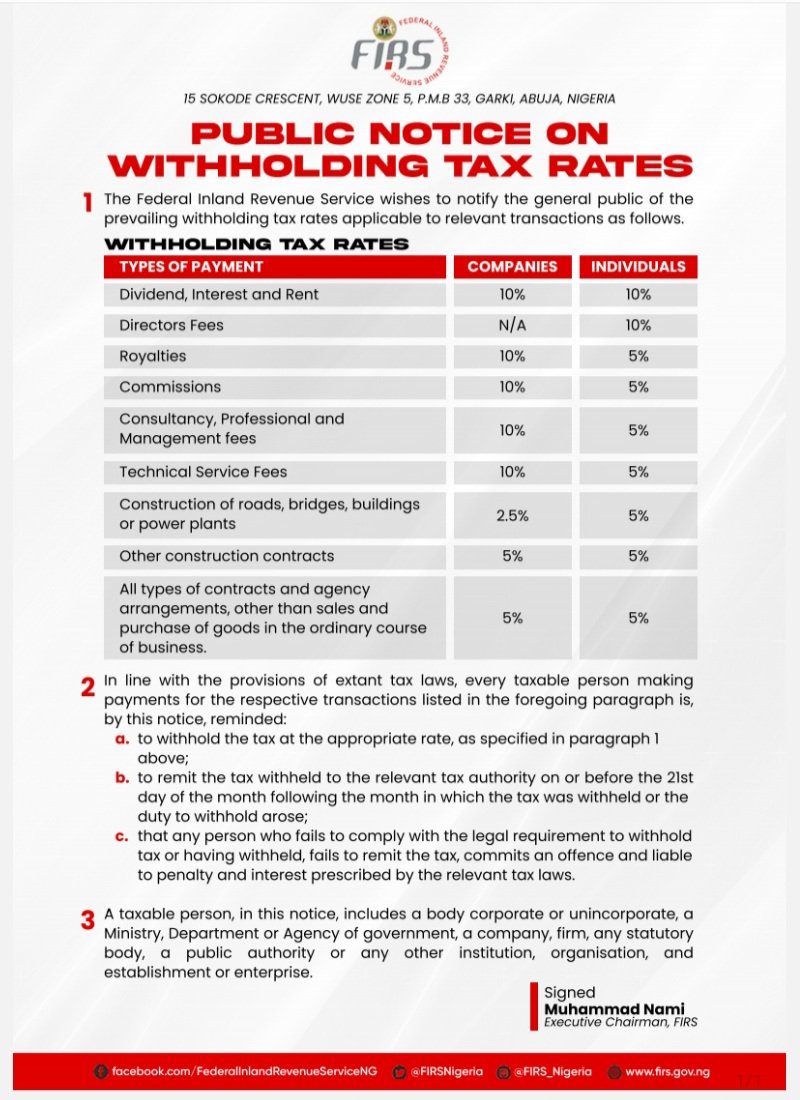
Vice President Yemi Osinbajo has advocated the development and adhering to a set of ethical codes of conduct in the nation’s universities and other higher educational institutions against rampant rape cases and sex for marks.
“To ensure that both faculty and students are sufficiently clear about the issues and rules, there is a need for a code of conduct or ethical guidelines based on best practices in appropriate student/lecturer interactions.
“It is important that these are clearly defined in ethical guidelines that are contained in some documents that people can refer to and see. It is important both for the lecturer and the student that there is some reference to some code of conduct.”
Vice President of Nigeria, Professor Yemi made these points yesterday, September 9, at a webinar on anti-sexual harassment with theme, “Finding Safe Spaces for Female Students in Nigerian Universities,” organized by the Obafemi Awolowo University, Ile Ife. The event was based on the book authored by notable journalist and former presidential spokesman, Olusegun Adeniyi, titled, “Naked Abuse: Sex For Grades In African Universities.’’
The Vice President is not comfortable with people saying that sex for mark is the same as bribe for the same thing, saying: “there is also the comparison sometimes made between demanding bribes for service and sex for grades. Sometimes people will argue that a bribe is a bribe and there is no reason why the punishment for sex as the currency of the bribe, should be stricter than an ordinary bribe,’’
Professor Osinbajo said that the search for answers to creating safe spaces for female students in universities must begin from the question as to why is it that such an evidently rampant crime is so under-reported.
According to the vice-president, there are obviously many cases of people who share their anecdotal experiences without necessarily reporting to the authorities.
“I think the answer is clearly that this low reportability is on account of the fact that many victims do not feel confident that they will get redress, or that they will be treated fairly or that they will not be visited with the same fearful consequences that was the subject of the demand in the first place.
“The fear that they will neither get a sympathetic nor understanding hearing, let alone justice, and that they will end up suffering the same consequences the predator had threatened would occur if they did not submit to their demands. Then there is of course, the shame and stigma that could attend speaking up.
“I think that in ensuring that we create safe spaces, we must do at least the basics, which is providing the support and resources they need to report abusers.
“Every institution must make it easy for victims or potential victims to report perpetrators to trusted formal structures or secure channels created specifically for the purpose of resolving such cases.”
Osinbajo also recommended the adoption of a mandatory “well thought-out whistleblower process emphasizing confidentiality, professional legal and medical help for victims or potential victims.”








